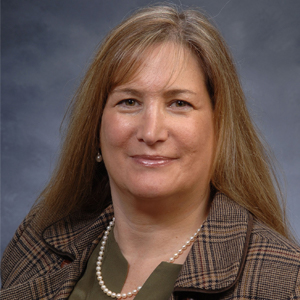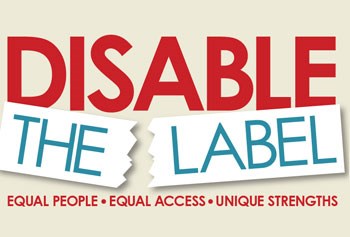
At UMass Lowell, Jody Goldstein has worked on a variety of programs as Director of Disabilities Services. One initiative is the Peer Mentoring Program which provides support for students with disabilities, and another is the Social Support Group specifically for students on the spectrum. Goldstein also develops Disabilities Awareness Programming, which works to create an accepting culture on campus. Please read on to learn more about Goldstein’s experience as director and the advice she offers to new students.
Q: How does the Peer Mentoring Program support students with disabilities? How does this affect their college experience?
Peer mentoring allows students with a disability to receive support and guidance from a peer who recently experienced many of the same “transition to higher ed” challenges that they may experience. Often students will not disclose to professional staff in the Disability Services Office (DSO) some of the challenges that they are experiencing, for many reasons. Making an appointment and coming into the DSO for support often feels very overwhelming for many students. When they are meeting with a peer in a casual setting on campus, this typically leads to increased disclosure regarding how they are handling some of their transition challenges. Peers are able to offer support and guidance that transitioning students with disabilities often take to heart.
Q: How does the Social Support Group help ease anxieties new students experience in regards to social life? What kinds of activities are available? Do participants tend to meet outside of the group meetings?
Connections Social Support Group meets seven sessions during the semester, and Reconnections meets twice a month during the semester. There is a curriculum for six of the seven weeks which includes communicating with faculty, working in groups, navigating social relationships, navigating dating relationships, planning ahead with career services, and working on time/stress management. If students are not interested in a topic, such as dating relationships, for example, the curriculum is modified to meet their needs. When students receive peer support they are much less likely to feel isolated and marginalized. Peers are often able to see their own weakness in others when they often do not see it in themselves, so peer support is often very helpful and insightful feedback. Also, when students hear suggestions from other group members they are more likely to attempt to make a change. Our group offers opportunities for friendship outside of the official meeting time, which almost always happens and is self-driven by group members.
Q: How do programs like Disable the Label help change the campus culture? What other Disability Awareness Programming have you worked on?

Disable the Label has helped change the narrative on our campus from a culture where students who have disabilities were accommodated to a new narrative that the university and faculty/staff should design buildings and curricula for everyone (Universal Design).The group has done excellent inclusion programming and has supported all less visible identities, from Deaf students to Autism Spectrum Disorder students.
In addition to Disable the Label, our office is part of a Disability Minor on campus that sponsors speakers on Disability/Diversity Inclusion and also coordinates yearly conferences to highlight the scholarly work and research being done by the university in the area of Disability Studies.
Q: How have autistic individuals (specifically those interested in STEM careers) managed the transition from community college to the university? How do the programs you’ve initiated help them make this change and maximize their success on the new campus?
Students that transition from community college to the university in the STEM areas often face quite a few challenges. Our STEM course are often much faster paced and are sometimes more rigorous than those offered at a community college level. We offer to meet with students once a week to assist in the transition, and if there are any spots open in the Peer Mentoring Program (really designed for freshman), we offer that opportunity, as well as participation in the groups we run.
Q: What advice would you offer to new college students on the spectrum?
The advice I provide most often to all of my students, whether they are on the spectrum or not, is to find a pathway that works for them. We allow students to take a reduced course load and also provide them with priority registration so they can make a the university experience work for them at their own pace. We also strongly suggest that they work with our office even if they do not face academic challenges, as we know that communication and working with peers can often present related challenges we can assist with.
If you would like to learn more about Jody Goldstein or disabilities services at UMass Lowell, please visit:
Do you think a peer mentoring program or social group could help you make positive connections on campus? Do you think Disabilities Services could help maximize your success at college? Please share your thoughts in the comments section below!




